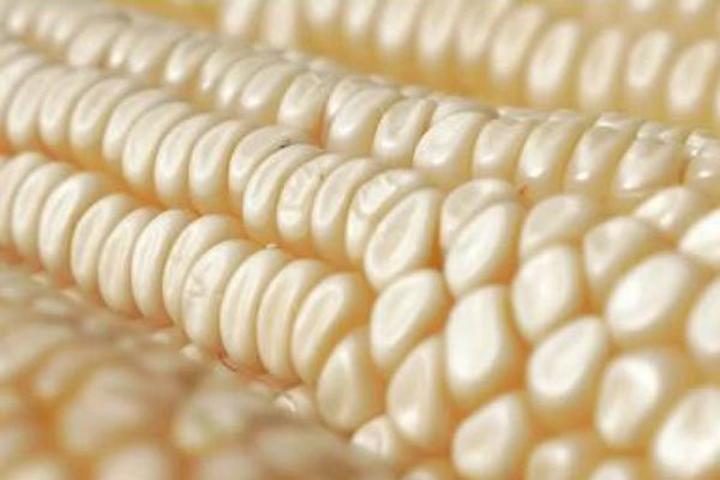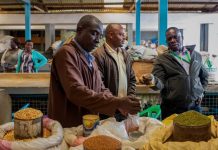Africa-Press – Uganda. This week has seen a subtle trade war between Uganda and Kenya over the ban of maize from the former. The ban imposed follows another that involved milk and eggs from Uganda. The Kenyan government, through its Agriculture and Food Authority, banned the importation of maize from Uganda and Tanzania, citing the presence of aflatoxins.
The ban left tonnes of the grain stuck at the border, with traders counting losses. Just when this bitter pill was still going through the throats, Burundi too imposed a ban on the cereal, citing the presence of aflatoxins which is feared to cause cancer.
All these countries are members of the East African Community. The ban they imposed did not clarify the affected countries.
During the plenary at Parliament on Wednesday, tempers flared, with members of the House asking for retaliation against Kenya as the fate of the tonnes of grain intercepted at the border hanged in the balance.
According to Trade minister Amelia Kyambadde, a way forward will only be reached after testing the maize by the Uganda National Bureau of Standards (UNBS), since Kenya has not provided laboratory reports on the levels of contamination. Aflatoxins can contaminate food crops and pose a serious health threat to humans and livestock.
To this effect, the government said it was to issue a protest note, on grounds that the ban is being implemented on what she termed as rumours, with no scientific explanations to back their claims.
Kenya has since lifted the ban, however the lifting is accompanied by stringent conditions. Government had resolved to pursue dialogue to address the ban and not retaliation despite the country having suffered similar blockades on eggs, sugar and milk.
These trade concerns bring to life how we are handling our export products and whether a lot of quality assurance standards are being addressed. And, where does this leave the Uganda National Bureau of Standards?
Uganda is largely an agricultural country where we add little value to what we export. So if we don’t scrutinise the way we process the produce, we are likely to suffer trade upsets like the one we are encountering now.
Although Kenya on Thursday said it was lifting the ban after issuing tough terms, it would be prudent to understand whether Kenya is not just practicing protectionism of their economy to allow their country benefit from the overproduced cereal and not necessarily the matter being related to the presence of aflatoxins in the cereals.
This should, however, be the time when Uganda should re-examine how our maize is dried, stored and packaged so that we are able to meet the international market standards to avoid a trade war over quality.






